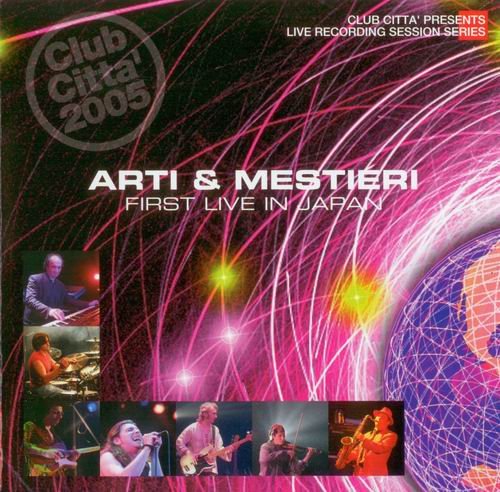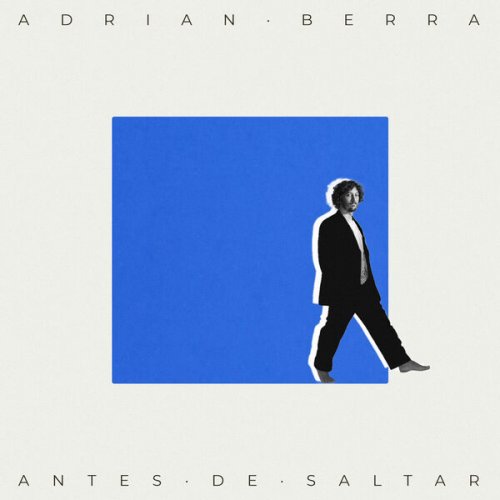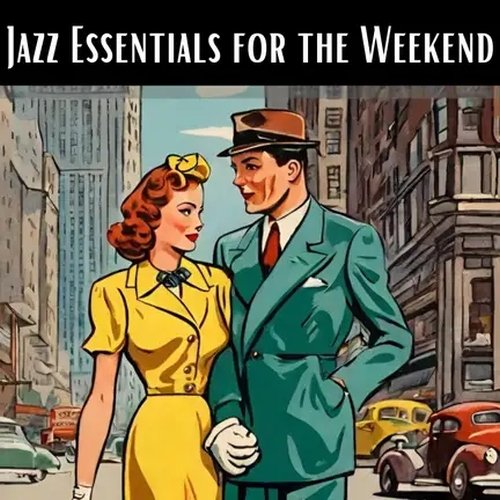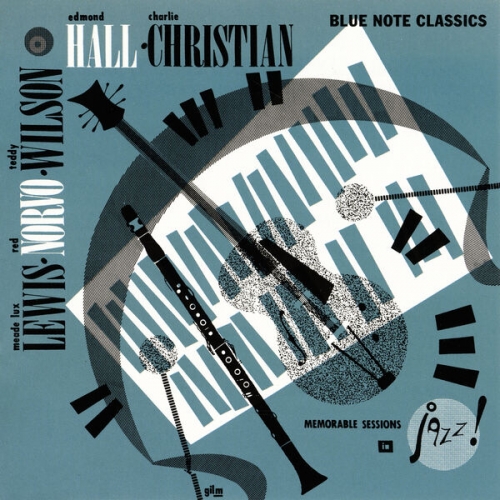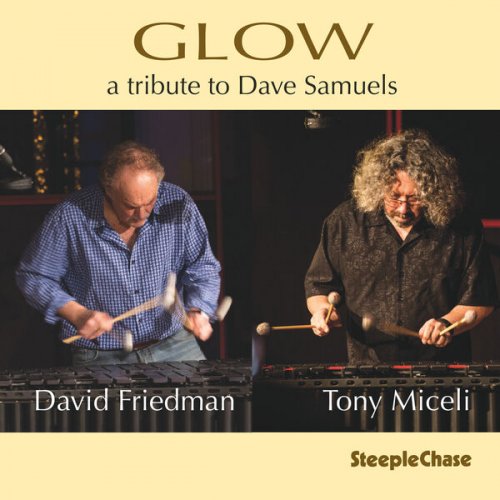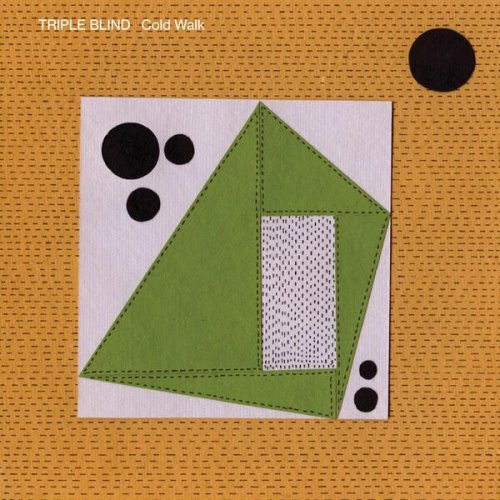Russ Freeman - Moods (2021)
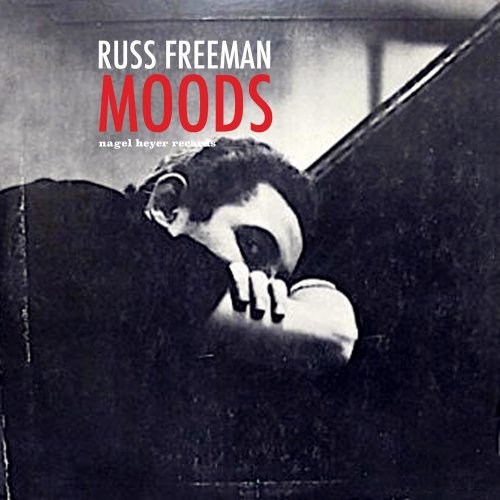
Artist: Russ Freeman
Title: Moods
Year Of Release: 2021
Label: nagel heyer records
Genre: Jazz
Quality: FLAC (tracks) / MP3
Total Time: 1:17:23
Total Size: 443 / 179 MB
WebSite: Album Preview
Tracklist:Title: Moods
Year Of Release: 2021
Label: nagel heyer records
Genre: Jazz
Quality: FLAC (tracks) / MP3
Total Time: 1:17:23
Total Size: 443 / 179 MB
WebSite: Album Preview
01. Who's on First
02. Called on Account of Rain
03. An Afternoon at Home
04. Lush Life
05. In the Cellar Blues
06. Fungo
07. Daahoud
08. Safe at Home
09. Take Me Out to the Ball Game
10. Gone with the Wind
11. Summer Sketch
12. Double Play
13. Fan Tan
14. Batter Up
15. Amblin'
16. Bones from Jones
Pianist Russ Freeman -- not to be confused with the guitarist/leader of the Rippingtons -- was better known as a sideman than a leader, but he was an important collaborator with both Chet Baker and Shelly Manne, leaving his mark on two of the most celebrated bodies of work in West Coast cool jazz. Classically trained as a child, Freeman began making a name for himself on the West Coast jazz scene in the mid-'40s, playing mostly with bebop-oriented groups. During this period, he worked with Howard McGhee, Dexter Gordon, Charlie Parker, Art Pepper, Shorty Rogers, and Wardell Gray, among others. Freeman joined Chet Baker's new quartet in 1953, and their chemistry was immediate as Freeman proved to be perhaps the most sympathetic accompanist the trumpeter/vocalist ever had; his tasteful, well-formulated original compositions also fit Baker's style well and "The Wind" became something of a standard. Their collaboration spanned 1953-1954 and 1956; in 1955, Freeman began another rewarding association with drummer Shelly Manne, which lasted until 1966. Most of his infrequent sessions as a leader were recorded during the mid-'50s, after which he devoted more time to other aspects of the business: supervising recordings, working with film composers like Johnny Mandel and Manne associate Andre Previn, forming his own publishing company in 1962, and working as a musical director for several nightclubs and TV shows. After leaving Manne's group, Freeman's jazz recordings became fewer and fewer; there were occasional appearances with old West Coast cohorts up until the early '80s, after which Freeman effectively retired. ~ Steve Huey
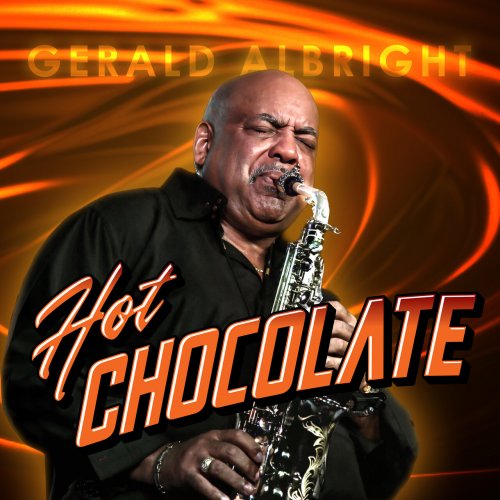
![Mammal Hands - Circadia (2026) [Hi-Res] Mammal Hands - Circadia (2026) [Hi-Res]](https://www.dibpic.com/uploads/posts/2026-02/1771945393_folder.jpg)
